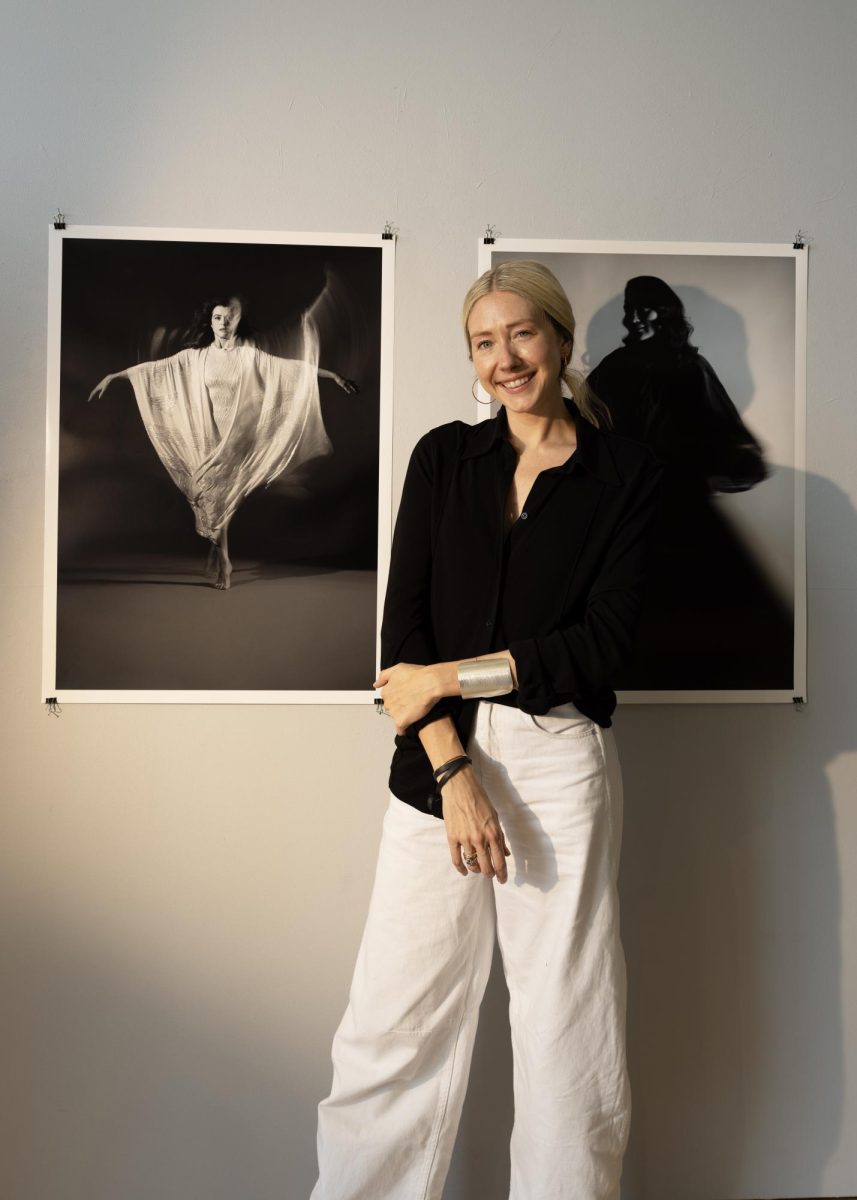Community Shares Words on Israel-Hamas War
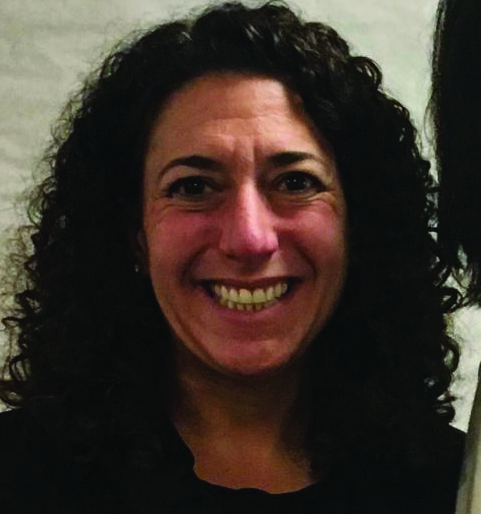
“It is clear there are varying perspectives on the current and historical situation, however, I would like to believe that people care more about the atrocities than are being openly discussed. I think it is imperative we are respectful of one another regardless of our perspectives and that we remember words and actions,inactions as well, are powerful. There are so many available resources to learn more about what is happening in Israel and Gaza and I encourage people to become informed. I appreciate the ‘lunch and learn’ space that the social studies department is offering as a place where all people are welcome to learn more about the recent terrorist attacks in Israel and the conflict in Israel and Gaza.”
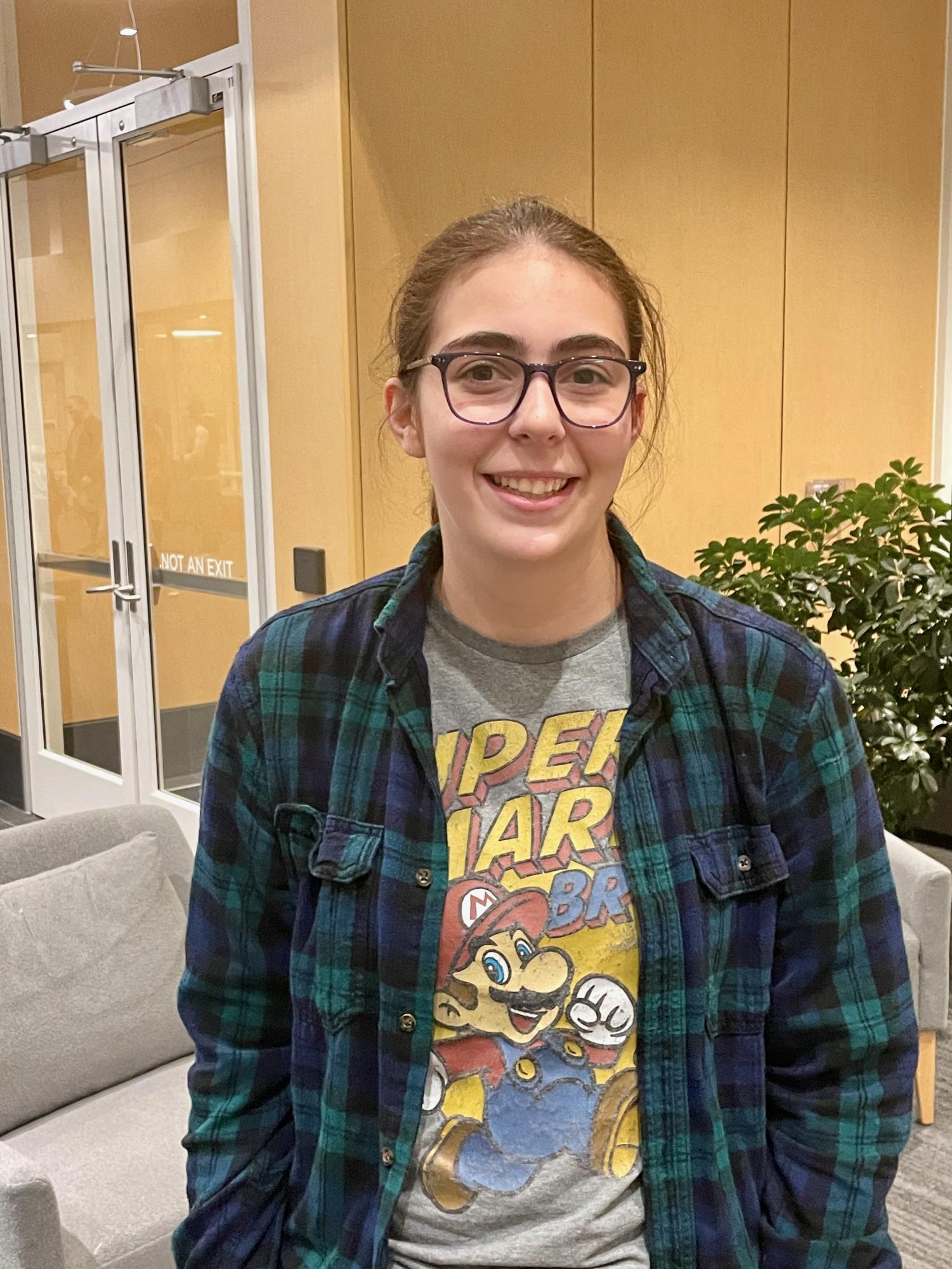
“I think just general education. I think there’s been a lot of people approaching it from a conflict perspective, but not a perspective of this is happening. It’s been very political versus genuinely this is happening and it’s been what a lot of people in the Blake community have been dealing with [emotionally]. I think it’s been approached as something to be debated, a topic to be discussed about in a way that furthers our learning instead of in a way where…it’s been discussed as a concept and not as a real event that’s been affecting real people.”
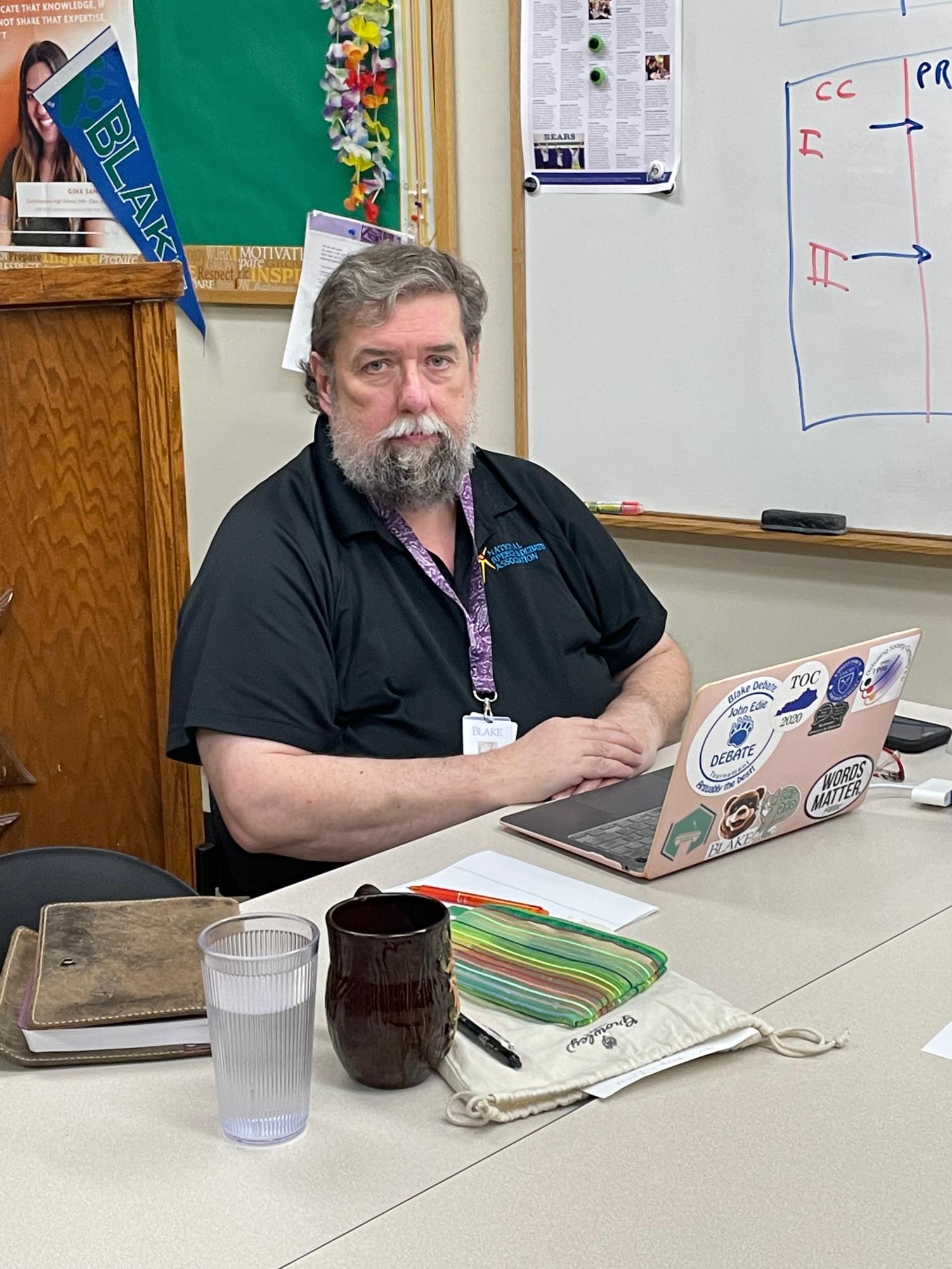
“I think we have to talk about it and we have to educate ourselves on history and what’s going on. I think it’s important to spend time talking about it and listening to people’s thoughts.”
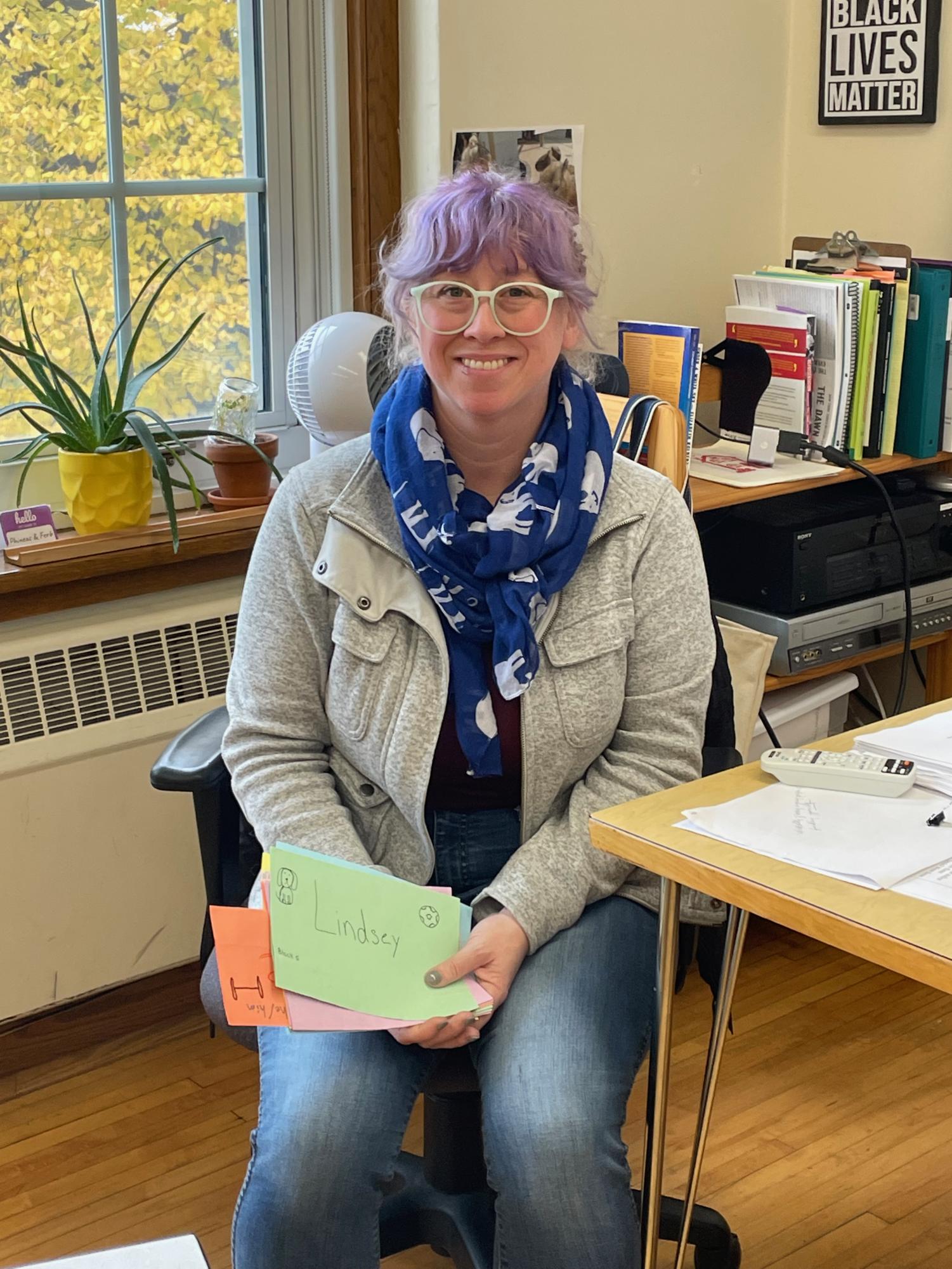
“I think in order to break the silence effectively, it requires planning to talk about in the long term and not just one off lessons here and there, because it is complex and it’s also really deeply tied to a lot of people’s personal identities and really personal and really emotional. Just having space to think about it, talk about it, and really break down different pieces in terms of history is really important, and I don’t think we can do that in one off here and there. It does kind of need to be this long-term thing. I think the learning lunches are good and I know there’s plans to continue them. Even if that’s places to write about it in a journal versus talking about it in class. I think there’s a lot of different ways we can process it. Providing resources is a good one, just trying to find a lot of the different perspectives and explore those.”
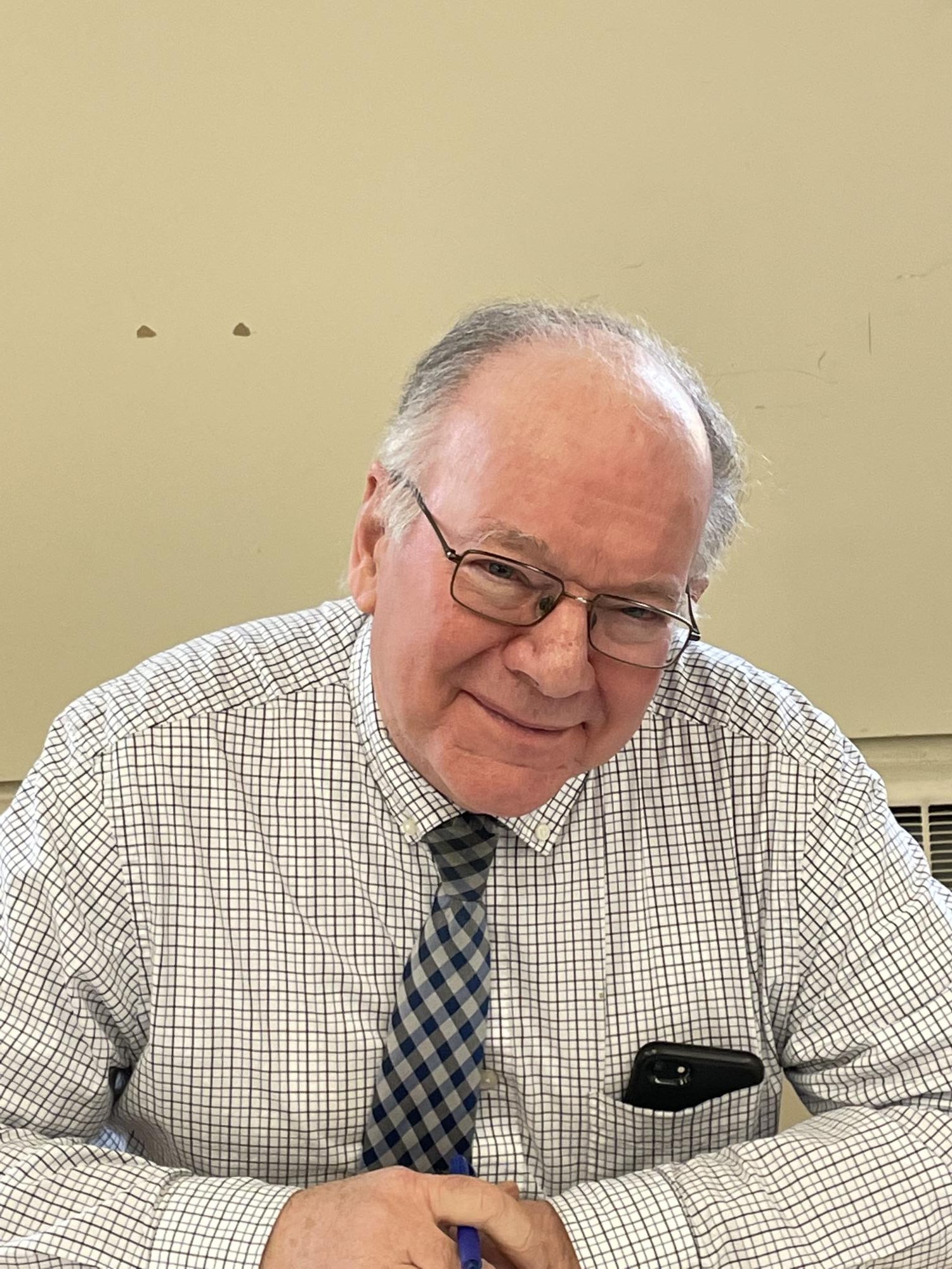
“I think the conversations that we’ve been having in the learning lunches that have happened, have been a real model for that, where, it’s not been so much an opportunity for people to state an opinion, or to get in the discussion or debate about what your opinion is, just about how we go about trying to understand the situation and what sources are people looking to for their information? Are they exposing themselves to a variety of sources? And how do you account for both reliability and potential bias in the sources from which you’re getting information? And I think, and I think those are just important skills, regardless of what the issue is. So in that particular setting, that’s sort of what the focus has been, rather than, you know, any kind of focus on either the history or the claims of either side. I thought that Ellie [Schifman ‘24]‘s speech was terrific. And I think what she modeled, which I think would be is, is just a good model for any kind of class discussion. I mean, she acknowledged who she was, she acknowledged that she had a point of view and that she had opinions. But she also acknowledged that there were other points of view. So I just, I just thought she was sort of a model in terms of a more focused class discussion, I mean, I think the elements that are important, you are certainly entitled to your point of view. Just sort of that this the standard guidelines we have for class discussion about speaking that this is your opinion, and you’re not purporting to speak for anyone else or purporting to attribute views to other people, but just speaking for yourself. Speaking respectfully, acknowledging that other people may view it differently. Those seem to me to be the most important guidelines for sure.”



